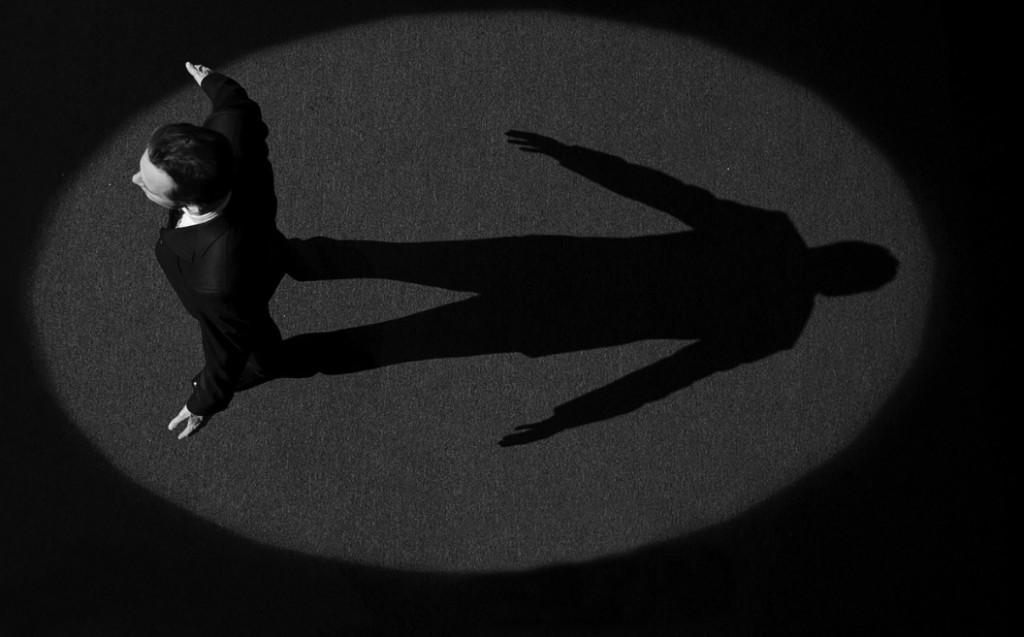His impact in the computing industry changed the world forever. He was one of the most technologically influential people to ever exist. But after seeing director Danny Boyle’s biopic, “Steve
Jobs,” you might not walk away with the fondest of feelings for the longtime Apple CEO.
Even if you’re an avid Apple fan, your notion of the man will be challenged. Set in just three scenes that all depict product launches, the audience is given a glimpse into the mannerisms, brilliance and flaws of the man behind Apple, all from a backstage perspective.
In the film, Jobs, played by a meticulous and precise Michael Fassbender, has extreme perfectionist tendencies. He knows his work will change people’s lives, but that often gets in the way of how he lives his own.
Continue reading below…
“What you make isn’t supposed to be the best part of you,” reminds Steve Wozniak, Apple co-founder, wonderfully played by a resolute and passionate Seth Rogen. According to the film, it was those around Jobs—those contributing to the products Jobs brought to life—that brought him down to earth. Andy Hertzfeld (Michael Stuhlbarg) and Joanna Hoffman (Kate Winslet) contribute a great deal to Apple’s products, but seldom receive any validation from Jobs. Instead, he is so sure of his computers and so absorbed with his work that he overlooks calls to be more forgiving and appreciative of others.
The most outright cause for him to give more love and attention to those around him comes from his daughter Lisa (played by Mackenzie Moss, Ripley Sobo and Perla Haney-Jardine).
Jobs infamously denied paternity at first, though through glimpses of his own (occasionally) destructive genius in his daughter, he is forced accept his role in her life.
At age five, Lisa has to deal with a dad who doesn’t want anything to do with her, and paints a picture on the Macintosh II that Jobs sees as the very reason he wants to make computers.
At age nine, she possesses a rebellious attitude and wit that even the focused and driven Jobs cannot ignore. Finally at the film’s culminating point, Jobs must decide if she means more to him than the iMac–his penultimate product that he will present to a massive crowd in San Francisco.
Boyle does a fantastic job giving his audience a break from the product launches, even if just for brief moments. The famous garage where Wozniak and Jobs founded Apple in Silicon Valley is used to show that Jobs’ desire for a closed end-to-end computing system was a root value of his character. Conversations with Jon Sculley (Jeff Daniels), the Apple CEO from 1983 to 1993, show the two clashing over just about everything.
As the two battle it out for control of Apple, Jobs’ lack of knowledge with regard to coding and engineering comes to the forefront of many heated conversations.
What Boyle does so well is show the ways in which Jobs truly saw humans and computers as interconnected.
“The very nature of people is to overcome,” Jobs says. Humans face challenges so, according to the film, we should have computers alongside us to solve problems, bring people together and improve global education. It was almost a waste for a man so brilliant and so gifted to have to put his family and even his co-workers aside for his endeavors, but that it why his hubris made him great.
Chaucer may be reached at [email protected]












